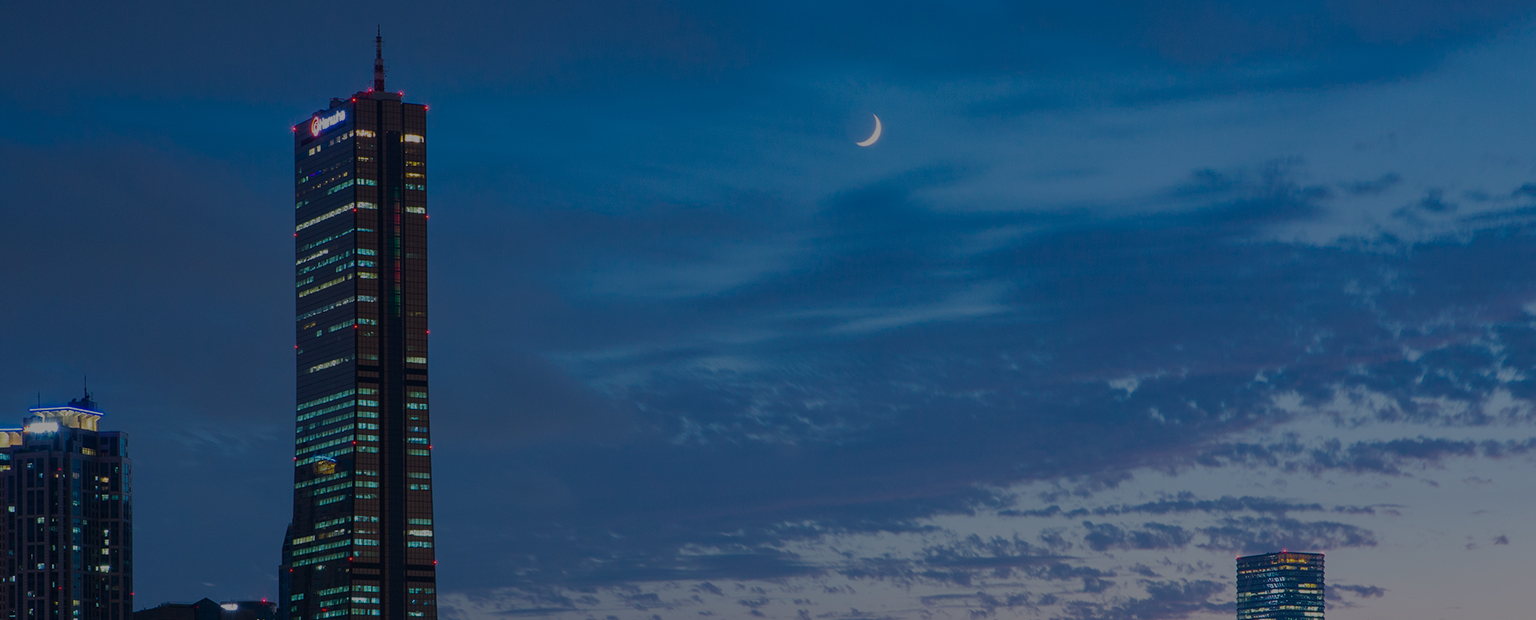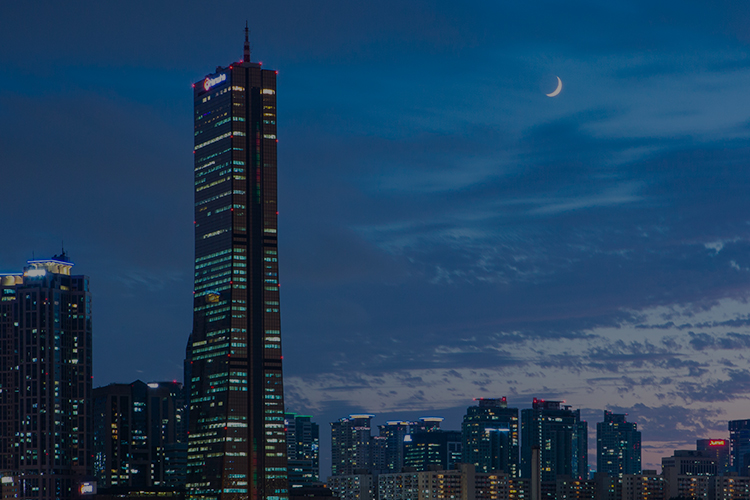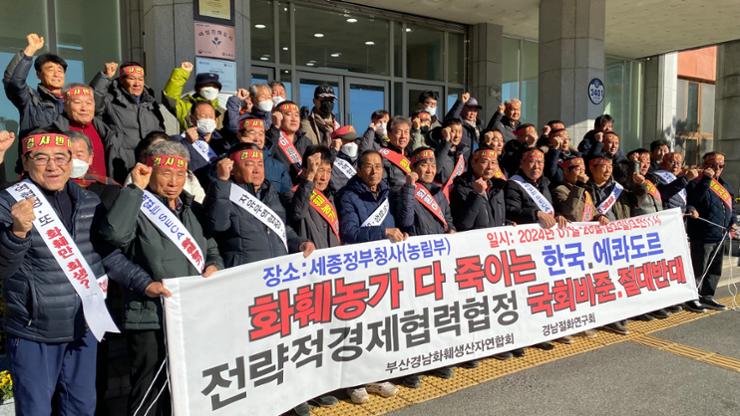

Seoul Financial Hub
Alerts / News
Global Economic Updates
|
Floriculturists riled at government's FTA deals Press : The Korea Times │ Time and Date of Report : 2024. 01. 09 |
|---|
| Link to the original article : https://www.koreatimes.co.kr/www/nation/2024/01/281_366545.html?na |
|
By Jun Ji-hyeFloriculturists in Busan and South Gyeongsang Province are protesting the government's recent free trade agreements with Ecuador and other countries. They argue that these agreements have led to a significant rise in flower imports, posing a threat to their businesses and overall survival.
On Monday, an alliance of people working in the floricultural industry in the region held a press conference at Gimhae City Hall, saying that the Strategic Economic Cooperation Agreement (SECA) signed with Ecuador has brought a serious crisis to the industry. Korea and Ecuador signed the SECA, a type of free trade deal, last October after launching relevant negotiations in 2016. The floriculturists urged the National Assembly not to ratify the SECA, unless the government draws up proper countermeasures to support their industry. “The government signed the agreement with Ecuador after having signed the similar deals with Colombia, China and Vietnam. All of these countries are closely related to the floricultural industry,” they said in a statement. “The government has pushed for indiscriminate imports of flowers and demanded the sacrifice of the industry.” They cited that imports of roses have already increased by 40 times over the last decade and that roses account for 75 percent of flowers exported by Ecuador. They also said that farms producing carnations have faced a shutdown crisis due to an excessive increase in imports and that chrysanthemum farms are facing a similar situation. They plan to stage a protest against the SECA in Gimhae on Thursday, and then visit the National Assembly on Jan. 22 and the Ministry of Agriculture, Food and Rural Affairs on Jan. 26. Flowers produced in about 700 farms in Busan and South Gyeongsang Province account for 40 percent of domestic production. In winter, the production in those regions accounts for 80 percent of the total.  |
| Previous post | US senators pressure Hyundai, 12 carmakers not to interfere in union activism |
|---|---|
| Next post | [CES 2024] Automakers set stage for software-driven mobility paradigm |





